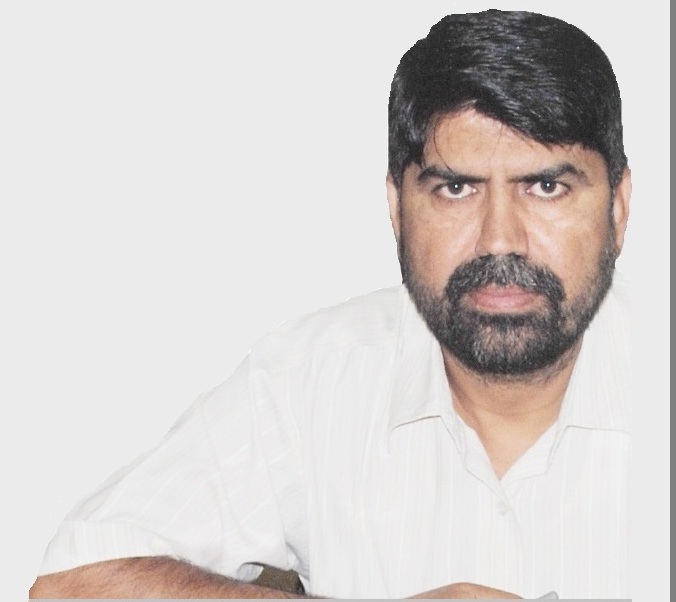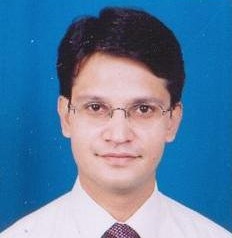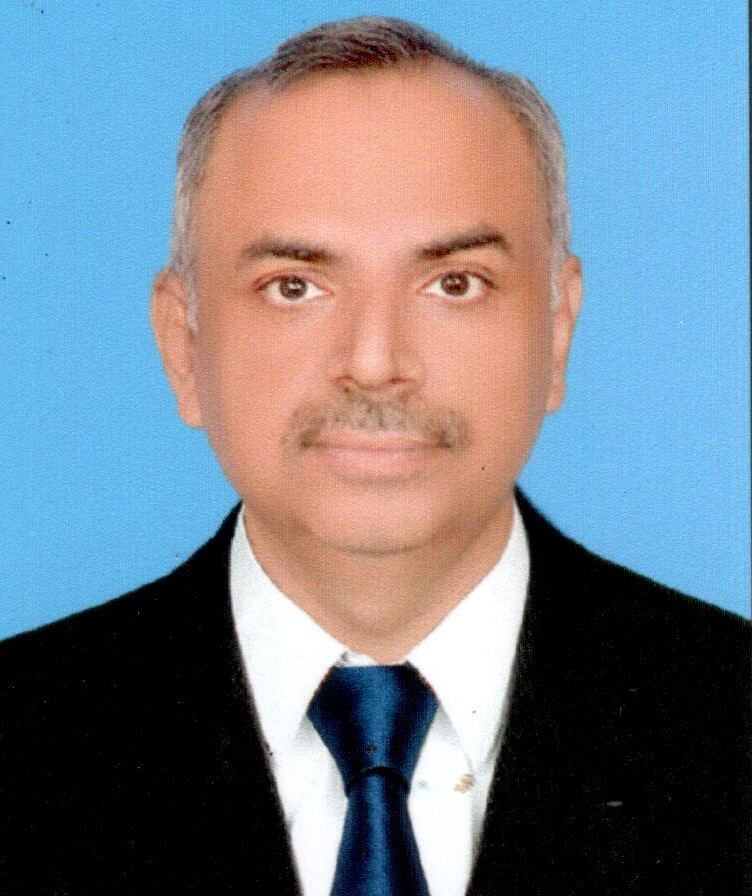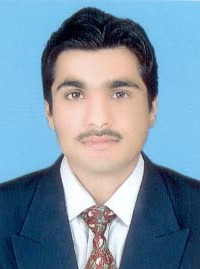
About the Department
Introduction
In the present era,electronic gadgets, devices & systems areso interwoven in the socio-economic fabric of the nation that it is difficult to survive without having adequate human resources trained in the field of Electronic Engineering. Today, even other disciplines of engineering are considered incomplete without the integration of relevant electronic systems and devices. The widespreadapplications of electronic systems and devices constitute the catalyst for socio• economic development. Modernhigh-speed computers, automation and telecommunication systems have transformed our living patterns. It hasnot only extended human facilities but has resulted in cultural
innovation. Thus,it is imperative need of time to direct our efforts, time and resources to impart the latest knowledge, skills and practical training in the field of Electronic Engineering.
Thedepartment of Electronic Engineering offers a four-year (8• semesters) Program leading to the degree of Bachelor of Electronic Engineering. This Department also offers a Master of Engineering in two disciplines "Communications Engineering" & "Industrial Automation & Control" and a PhD in Electronic Engineering. These programs have been designed considering all the needs and aspects of the latest trends & developments in the field of Electronic Engineering. These Programs include the teaching of courses adequately supplemented with practical hands-on training in laboratories and the use of other modern tools imparting professional education which is useful for career-oriented professional Engineers. Graduates of Electronic Engineering can find numerous placements in both public as well as private sector organizations and are eligible to pursue higher studies & training in worldwide Universities/Industries.
Program Educational Objectives (PEOs)
The main objectives are to provide quality education in Electronic Engineering to produce skilled graduates and to fulfil requirements in the field of Electronic Engineering. At the completion of graduation, students are capable:
ES PEO-1 2023: Apply proficient engineering knowledge, analytical
skillsand modern tools to effectively design and develop solutions for complete engineering problems.
ES PEO-2 2023: Exhibit strong communication skills and team spirit to address the real challenges of society for improving the environment and sustainability.
ES PEO-3 2023: Demonstrate a strong lifelong commitment to ethical practices and social responsibility while promoting and managing projects for sustainable solutions.
Degree Programs offered:
1. Bachelor of Engineering (Electronic Engineering)
2. MasterofEngineering
a. Communications Engineering
b. Industrial Automation & Control c. Electronic Engineering)
3. Ph.D. (Electronic Engineering)
Teaching Staff
Non‑Teaching Staff
Scheme of Studies
1st Year
1st Semester
| Code | Course | Credit Hour |
|---|---|---|
| ES103 | Electronic Workshop | 0 + 1 |
| MTH106 | Functional English | 3 + 0 |
| MTH105 | Islamic studies | 2 + 0 |
| MTH108 | Applied Physics | 3 + 0 |
| MTH101 | Applied Calculus | 3 + 0 |
| cs100 | Computer Fundamentals | 2 + 1 |
2nd Semester
| Code | Course | Credit Hour |
|---|---|---|
| MTH102 | Linear Algebra and Analytical Geometry | 3 + 0 |
| CS112 | Computer Programming | 2 + 1 |
| ES104 | Basic Electronic Engineering | 3 + 1 |
| ES105 | Circuit Analysis | 3 + 1 |
| MTH107 | Communication Skills | 2 + 0 |
| ES210 | Computer Aided Engineering Design | 0 + 1 |
2nd Year
1st Semester
| Code | Course | Credit Hour |
|---|---|---|
| ES207 | Electronic Circuit Design | 3 + 1 |
| ES208 | Digital Logic Design | 3 + 1 |
| ES209 | Instrumentation and Measurements | 3 + 1 |
| MTH103 | Differential Equations a Fourier Series | 3 + 0 |
| MTH104 | Pakistan Studies | 2 + 0 |
2nd Semester
| Code | Course | Credit Hour |
|---|---|---|
| MTH201 | Complex Variables and Transforms | 3 + 0 |
| ES215 | Embedded System Design | 3 + 1 |
| ES212 | Electromagnetic Field Theory | 3 + 0 |
| ES213 | Integrated Electronics | 3 + 1 |
| EL206 | Electrical Machines | 3 + 1 |
3rd Year
1st Semester
| Code | Course | Credit Hour |
|---|---|---|
| ES309 | Signals and Systems | 3 + 1 |
| ES311 | Wave Propagation and Antennas | 3 + 1 |
| ES315 | Probability, Random Signals, and Stochastic Processes | 3 + 0 |
| ES316 | FPGA based System Design | 3 + 1 |
| MTH302 | Economics and Engineering Management | 2 + 0 |
2nd Semester
| Code | Course | Credit Hour |
|---|---|---|
| ES317 | Electronic Communication Systems | 3 + 1 |
| MTH204 | Numerical Analysis with Computer Applications | 3 + 1 |
| ES318 | Digital Signal & Image Processing | 3 + 1 |
| ES314 | Control Systems | 3 + 1 |
| MTH402 | Professional and Social Ethics | 2 + 0 |
4th Year
1st Semester
| Code | Course | Credit Hour |
|---|---|---|
| ES408 | Computer Communication and Networking | 3 + 1 |
| ES416 | Industrial Control Systems | 3 + 1 |
| ES410 | Power Electronics | 3 + 1 |
| MTH403A | Entrepreneurship and Leadership | 3 + 0 |
| 54 | Final Year Project-I (FYP-I) | 0 + 3 |
2nd Semester
| Code | Course | Credit Hour |
|---|---|---|
| ES417 | Robotics and Mechatronic Systems | 3 + 0 |
| ES418 | Optoelectronics | 3 + 1 |
| ES415 | Microwave Engineering | 3 + 1 |
| CS125 | Artificial Intelligence | 2 + 0 |
| 55 | Final Year Project-II (FYP-II) | 0 + 3 |







